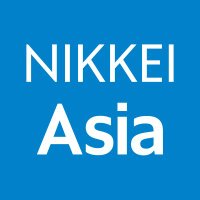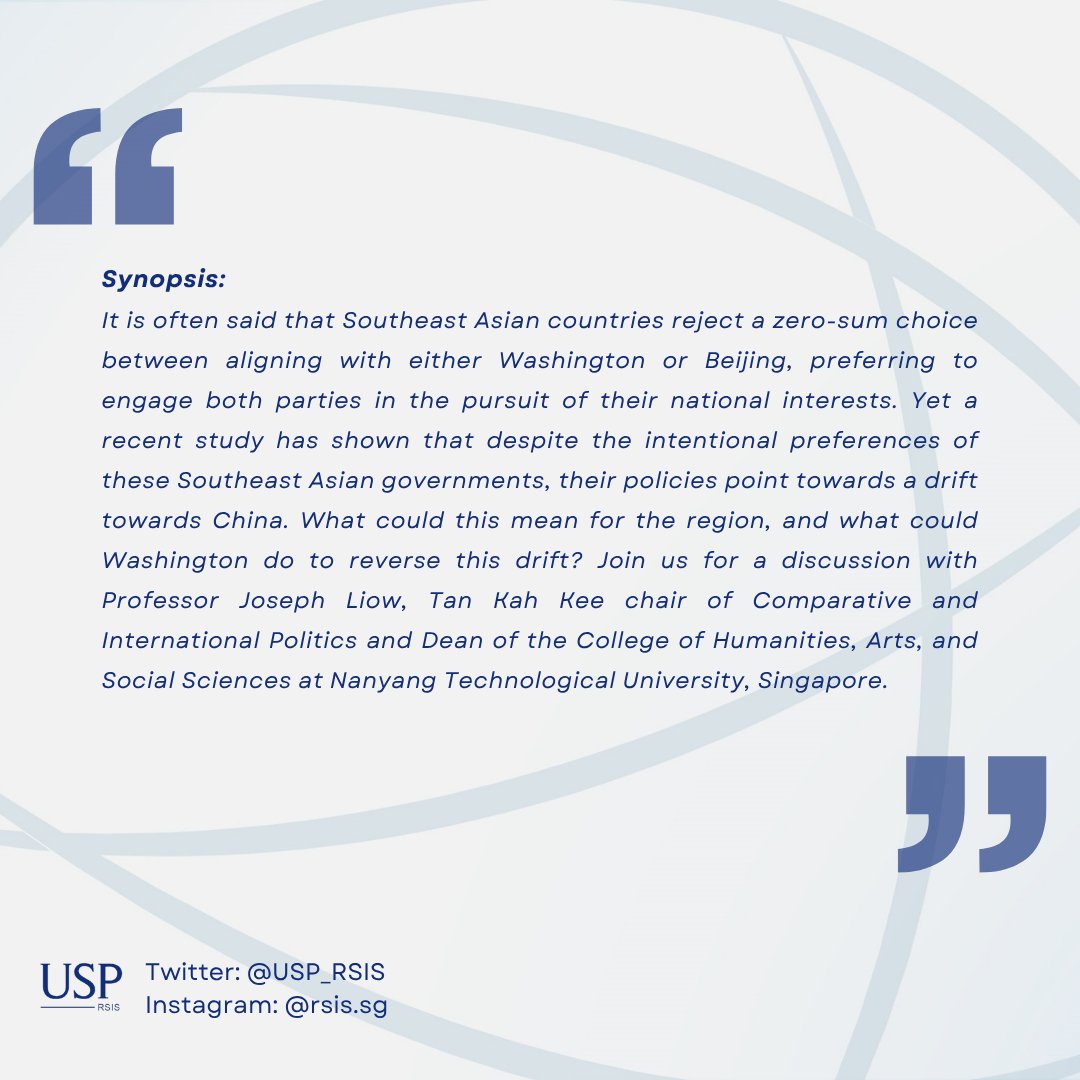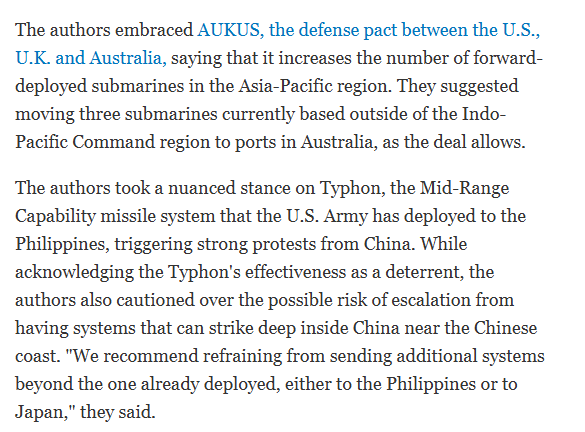
Kevin Chen
@kxachen
Assoc. Research Fellow at the US Programme, @RSIS_NTU. Host of @USP_RSIS. US foreign policy in Southeast Asia, infrastructure, digital economy issues and more.
ID: 1420607782974148610
https://podcasters.spotify.com/pod/show/usp-rsis 29-07-2021 04:51:10
1,1K Tweet
453 Followers
1,1K Following





















